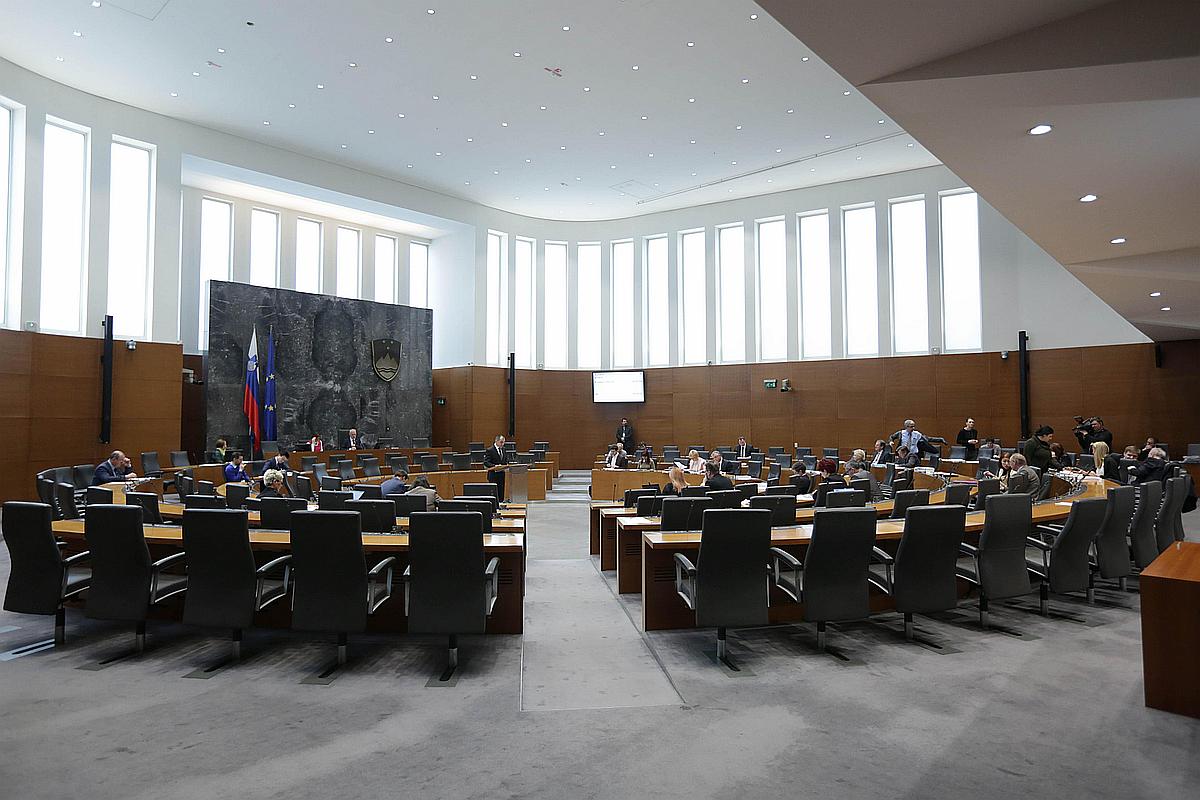
Outgoing PM Cerar said the incident is not being investigated only by Great Britain and its intelligence services, but the intelligence services of other countries as well. He added that all of them had come to similar conclusions. "The cross analysis shows that Russia is most likely responsible for the attack and that there are no convincing alternative explanations," Cerar said during a debate with Luka Mesec from the Left party. Mr. Mesec pointed out that the situation is similar to that in 2003, when Slovenia endorsed the invasion on Iraq, even though it was later proved that Saddam Hussein did not have weapons for mass destruction.
Cerar stressed that the statement of EU leaders does not represent a legal decision, but a political declaration. 'This was a political discussion and a political decision was formulated in these conclusions,' he explained. Cerar said that Slovenia had to endorse the statement and show its solidarity with all the EU member states. By recalling its ambassador to Moscow for consultations, Slovenia made a less radical diplomatic step. Cerar reminded the committee that such a measure was also taken by Bulgaria, Luxembourg, Malta, Portugal and Slovakia. 'In this case, Slovenia did not blindly follow the EU, NATO and other countries. This was also demonstrated by our decision, which is different from the majority of EU states, but nevertheless aims for the same goal,' stressed PM Miro Cerar.
No conclusions by the committee
Janez Janša from the opposition SDS party said that Slovenia, with its actions, has fallen out of favour with both sides. "Slovenia acted more Catholic than the Pope would expect," he said, and added that Slovenia is a specific case in the EU and NATO because of its relations with Russia. Both Cerar and Erjavec rejected Janša’s assessment that anyone held any resentment towards Slovenia. Foreign Minister Karl Erjavec reminded of the fact that the European Union adopted the same measure, by recalling its ambassador to Russia for consultations. According to the minister, Slovenia’s action represented its own interests, as well as those of the EU and NATO.
Ernest Petrič, an advisor to President Borur Pahor, supported the government’s decision in recalling Slovenia’s ambassador to Russia for consultations. According to Petrič, by doing so, Slovenia had sent a message that it disagreed with such actions and expressed solidarity with its allies. "It would’ve been a cardinal mistake if we didn’t do anything. It would’ve pushed us to the edge of an area which is based on common values," he warned.
Slovenia’s Ambassador to Russia, Primož Šeliga, was also at the session but did not participate in the debate. After the session, Erjavec said the ambassador was recalled for consultations for an indefinite period. The minister said that it will still have to be decided when the ambassador returns to Moscow. After debating for three hours the a half the committee failed to arrive at any conclusions. The chair of the committee, Jožef Horvat, only read a statement that the committee got acquainted with the government’s position on the expulsion of Russian diplomats.

































































